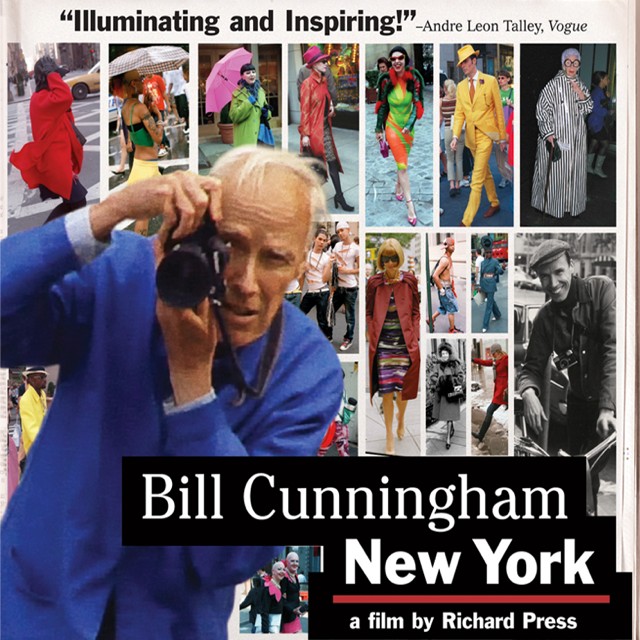It's not photography.
這不算攝影。
I mean, any real photographer would say he's a fraud.
任何一個真正的攝影家都會覺得,這完全稱不上攝影。
Well, they're right.
我覺得他們說的沒錯。
I'm just about capturing what I see and documenting what I see.
我只是在捕捉和記錄下我看到的東西啊,糟糕。
I mean, is he Horst? Put a bunch of flowers in front of you?
他是一個很專業的攝影師么?比如說讓你舉著一束花來給你拍照。
No. He's not that, but that's not what he wants to be.
他不是那樣的,他也不想成為那樣的攝影師。
I think he photographs life.
我覺得他就是在記錄最真實的生活。
The parallel between the emerging japanese designers in the early '80s...and the bag people in New York...was startling, astonishing. No one would talk about it or even show the pictures.
八十年代初新興的日本設計師和那街邊拿著包的紐約人是同時期出現的,令人驚訝的是當時并沒有人注意到這些。
And as time went on, the Japanese woman Rei Kawakubo admitted...that her inspiration...That when someone said, "Who do you think are the best-dressed women?"
隨著時間的推移那個日本人Rei Kawakubo承認說她的靈感來源當有人問她 "你覺得誰的穿的最好看的女人?"
And she said, "The bag women in New York."
她說"那個街邊拿著包的紐約女人。"
Now whether she was being facetious or cynical...or a real artist and saying what she really thought, you know, we're too close to a very touchy subject.
不管她當時的說法現在看起來是多么的滑稽或是譏諷或是有些藝術家認為,那就是她的靈感來源其實很多人在無意中的穿著都影響到了這種敏感的話題。
But as a historian, uh, what we see in New York in the 1980s in some areas...is close to medieval Europe.
但是從時尚研究者的角度而言…八十年代初,我們在紐約街頭很多地方看到的是那時候人們穿的衣服的那種形態。












